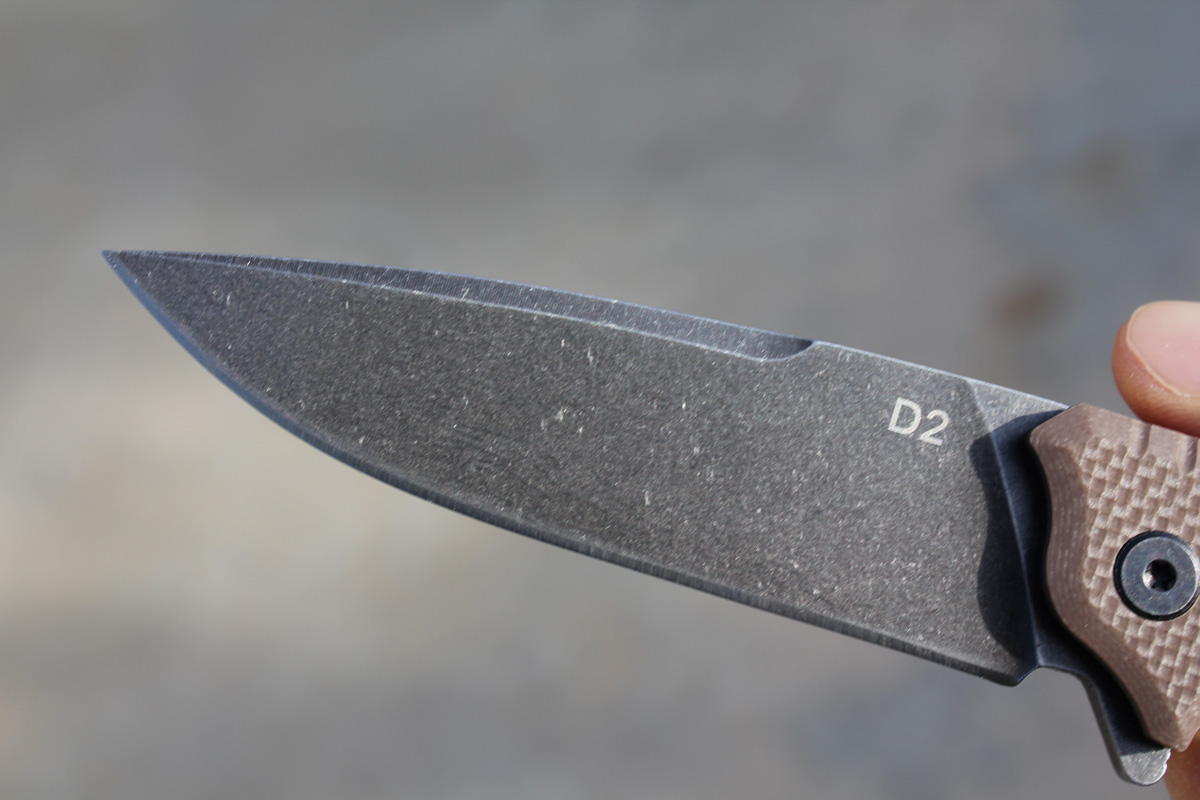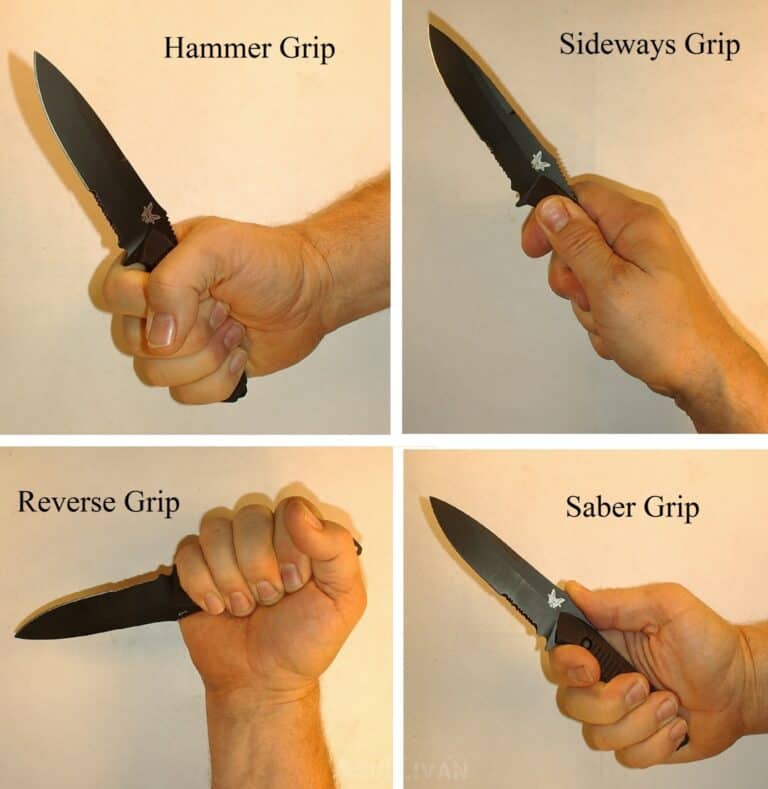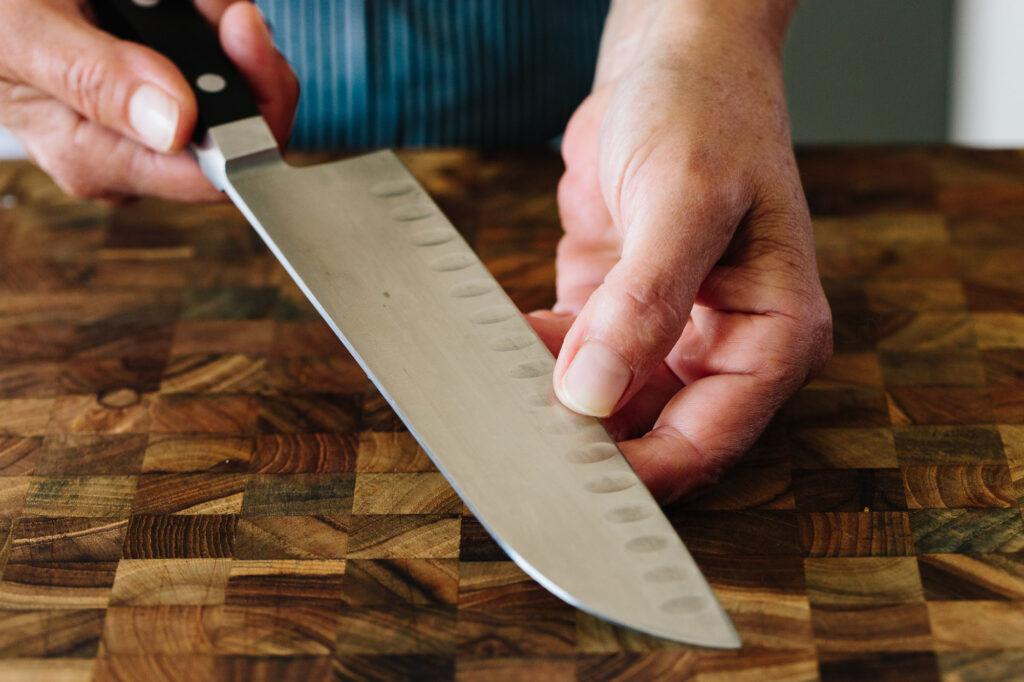Do sharp knives hurt more?
A sharp knife might pose a greater risk of injury, but if we compare two cuts with the same dimensions (length and depth), a dull knife will actually cause more pain than a sharp one. You see, a sharp edge can effortlessly slice through, leaving behind a clean and tidy wound that will quickly heal and seal itself.
The Science Behind Sharp Knives
How Sharpness Affects Cutting and Slicing
When it comes to kitchen knives, the level of sharpness can significantly impact your cutting and slicing experience. Contrary to popular belief, sharp knives actually offer a few advantages over dull ones:
- Efficiency: Sharp knives require less force to cut through food, making the process easier and more efficient.
- Precision: With a sharp knife, you have more control over the thickness and consistency of your cuts, resulting in more precise and professional-looking results.
- Safety: Surprisingly, sharp knives are safer to use than dull ones. Dull knives are more likely to slip off the food surface and cause accidents. Sharp knives, on the other hand, allow for more controlled and predictable cutting motions.
So, while sharp knives may seem intimidating, they actually provide a better cutting experience and can even enhance safety in the kitchen.

The Differences in Wound Characteristics
When it comes to injuries caused by knives, the sharpness of the blade can make a significant difference. While it may seem counterintuitive, sharp knives actually tend to cause less pain and trauma compared to dull blades. Here are some key differences in wound characteristics:
- Cleaner Cuts: Sharp knives create cleaner cuts with smooth edges, which helps the wound heal more effectively.
- Less Tissue Damage: Dull blades tend to tear through tissue, causing more damage and increasing the risk of infection.
- Quicker Healing: Due to the precision of sharp cuts, wounds caused by sharp knives often heal faster and with less scarring.
- Reduced Pain: Although it may seem contradictory, sharp cuts typically result in less pain due to the clean and swift nature of the injury.
It’s important to note that regardless of the sharpness of the blade, knife injuries should always be treated seriously and receive proper medical attention.

Precision and Control with Sharp Knives
How Sharpness Influences Technique and Safety
When it comes to using knives, one may wonder if sharp knives hurt more than dull ones. In reality, sharp knives actually offer more control and precision, which can lead to increased safety in the kitchen. With a sharp blade, you can effortlessly slice through ingredients with minimal resistance, reducing the risk of slips and accidents. Additionally, a sharp knife requires less force to cut, reducing strain on your hands and making the overall experience more enjoyable and efficient. So, contrary to popular belief, sharp knives are actually your best bet for a safer and more enjoyable cooking experience.

Blade Maintenance and Safety
Proper Handling and Care to Minimize Accidents
When it comes to using sharp knives, proper handling and care are key to minimizing accidents and injuries. Here are some tips to ensure you stay safe:
- Always store sharp knives in a knife block or sheath to prevent accidental cuts when reaching for them.
- Keep your knives clean and dry to prevent corrosion and maintain their sharpness.
- Use a cutting board made of wood or plastic, as hard surfaces like glass can dull the blade.
- Hold the knife firmly with a full grip to maintain control while cutting.
- Never leave knives in the sink or on a countertop where they can easily be knocked off and cause injury.
- When handing someone a knife, always offer it with the handle first and the blade facing away from you.
- Never attempt to catch a falling knife – step back and let it fall to the ground.
- Invest in a knife sharpener or have your knives professionally sharpened to keep them in optimal condition.
Remember, proper handling and care of sharp knives can significantly reduce the risk of accidents. Stay safe and enjoy the convenience and precision that sharp knives can offer in the kitchen.

Common Myths and Misconceptions
Addressing the Beliefs About Sharp Knives and Pain
There is a common belief that sharp knives hurt more than dull knives when it comes to accidental cuts. However, this is a misconception that needs to be addressed. Contrary to popular belief, sharp knives actually tend to cause less pain and damage compared to dull knives. This might seem counterintuitive, but there are several reasons why sharp knives are safer and less painful to use. Let’s explore the truth behind this myth.

Conclusion
Understanding the Relationship Between Sharp Knives and Pain
In conclusion, the sharpness of a knife does impact the level of pain experienced when cut. Sharp knives tend to cause less pain compared to dull knives because they make cleaner cuts, minimizing tissue damage and nerve exposure. However, it’s important to note that any injury caused by a sharp knife should be taken seriously and treated promptly. Keeping knives sharp and practicing proper knife-handling techniques can help reduce the risk of accidents and ensure a safer cooking experience.

